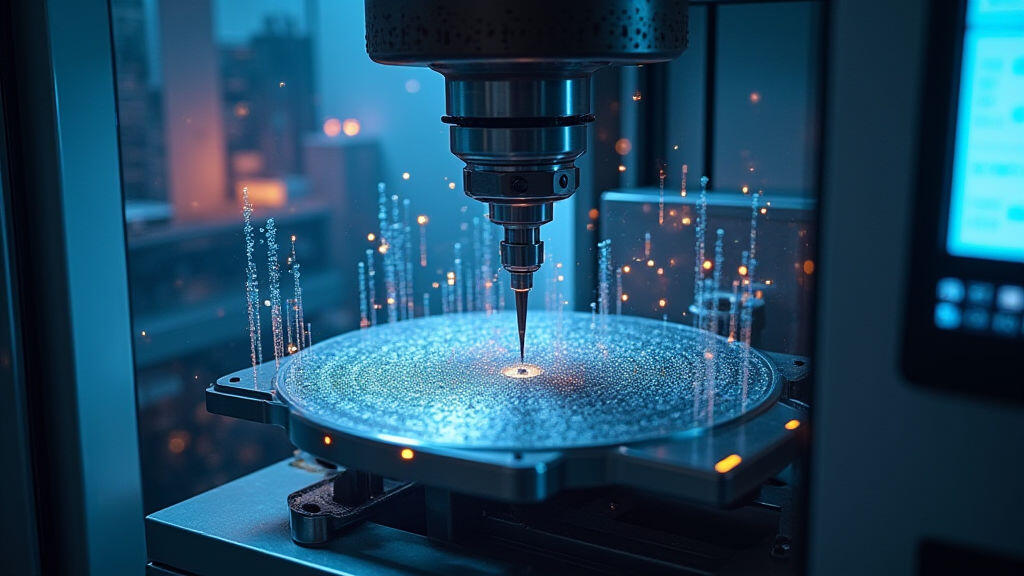
The manufacturing industry is undergoing a profound transformation, driven by the convergence of technologies like Artificial Intelligence (AI), Machine Learning (ML), and the Industrial Internet of Things (IIoT). This evolution is giving birth to "Intelligent Manufacturing," characterized by increased automation, data-driven decision-making, and enhanced efficiency. At the heart of this revolution lies the sophisticated control of machinery, and within that, Variable Frequency Drive (VFD) motors are playing an increasingly critical role, especially in the realm of Computer Numerical Control (CNC) machine tools.
CNC machine tools are the backbone of modern manufacturing, enabling the precise and automated creation of complex parts. These machines – encompassing milling machines, lathes, routers, and more – rely on precise control of motor speed and position to execute intricate machining operations. Traditionally, CNC machines employed fixed-speed motors, limiting their flexibility and efficiency. However, the integration of VFDs has unlocked a new era of control, enabling significant advancements in manufacturing processes.
A VFD, also known as an adjustable-speed drive, is an electronic device that controls the speed of an AC induction motor by varying the frequency and voltage supplied to the motor. Instead of operating at a constant speed, a VFD allows for precise and continuous speed adjustment. This capability provides a range of benefits crucial for CNC applications:
The rise of Intelligent Manufacturing is fundamentally intertwined with the advancements in VFD technology. Here’s how:

The field of VFD technology continues to evolve rapidly. Key trends include:

The future of VFDs in CNC machine tools is exceptionally promising. As AI and ML become more prevalent in manufacturing, VFDs will play an even greater role in enabling intelligent and autonomous machining processes. We anticipate a shift towards more sophisticated VFDs that can not just control motor speed, but also optimize entire machining workflows. This includes features like automated tool path planning, adaptive cutting strategies, and real-time process adjustments. The ability to analyze vast amounts of data and make intelligent decisions will unlock new levels of efficiency, productivity, and quality in CNC manufacturing.
Variable Frequency Drive motors are no longer merely speed controllers; they are integral components of the intelligent manufacturing landscape. Their ability to provide precise speed control, energy efficiency, and fault protection makes them indispensable for CNC machine tools in modern manufacturing. The synergistic relationship between VFDs and emerging technologies like AI and IIoT is driving significant advancements in real-time optimization, predictive maintenance, and adaptive control. As the manufacturing industry continues to embrace digital transformation, VFD technology will remain a cornerstone of Intelligent Manufacturing, enabling manufacturers to achieve unprecedented levels of efficiency, agility, and competitiveness. The development of AI-powered VFDs by companies like MES-Drive positions them at the forefront of this transformative wave, offering a pathway toward truly intelligent and autonomous manufacturing facilities.
Leave A Reply
Your email address will not be published. Required fiels are marked